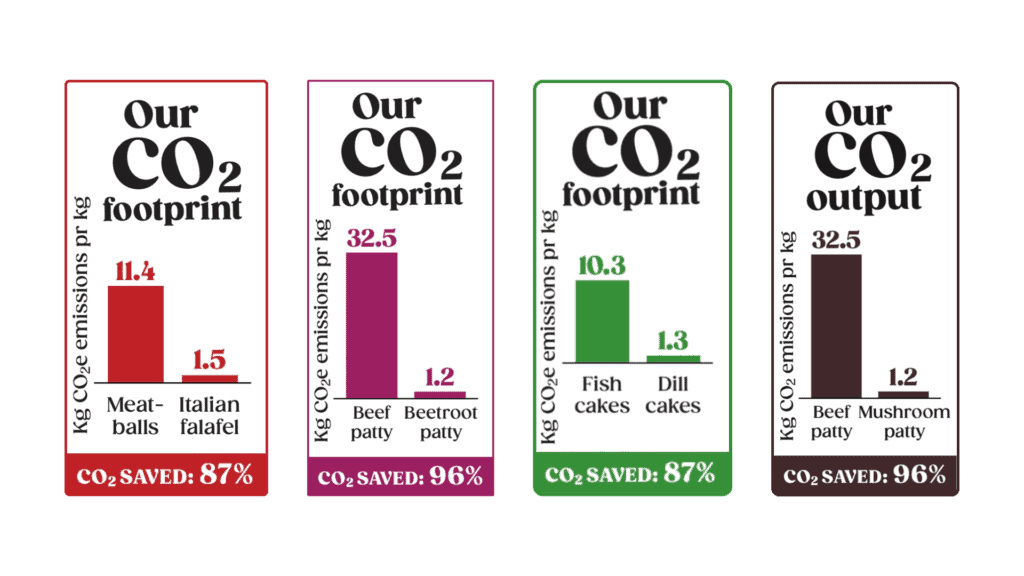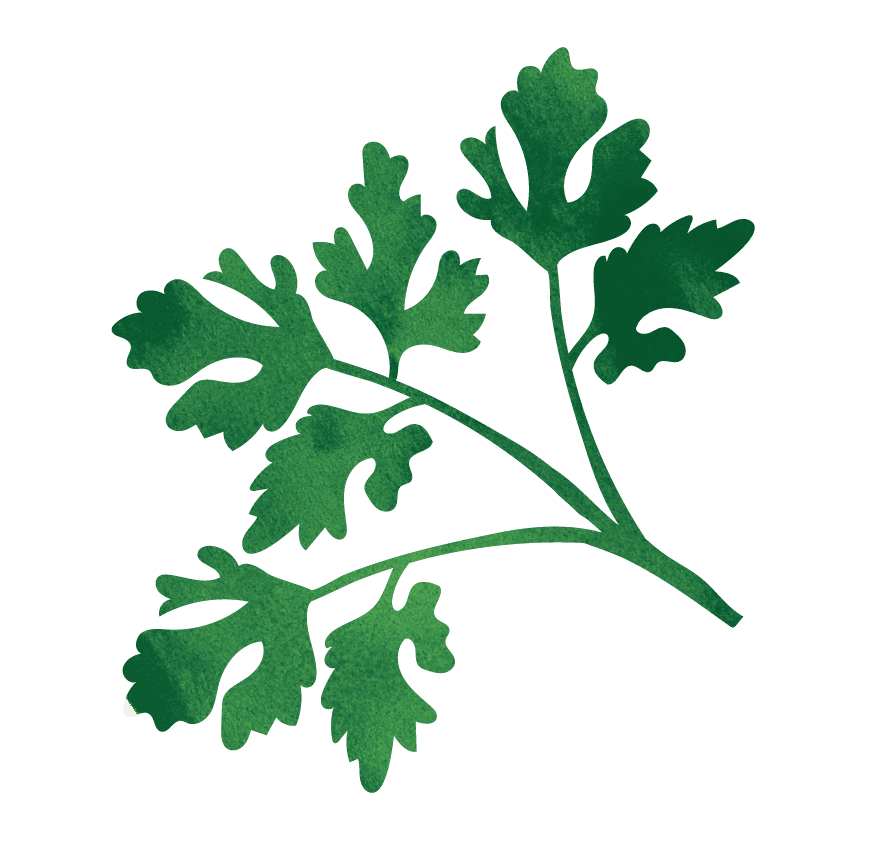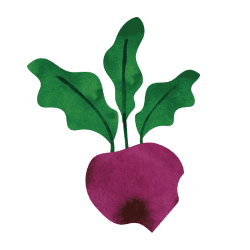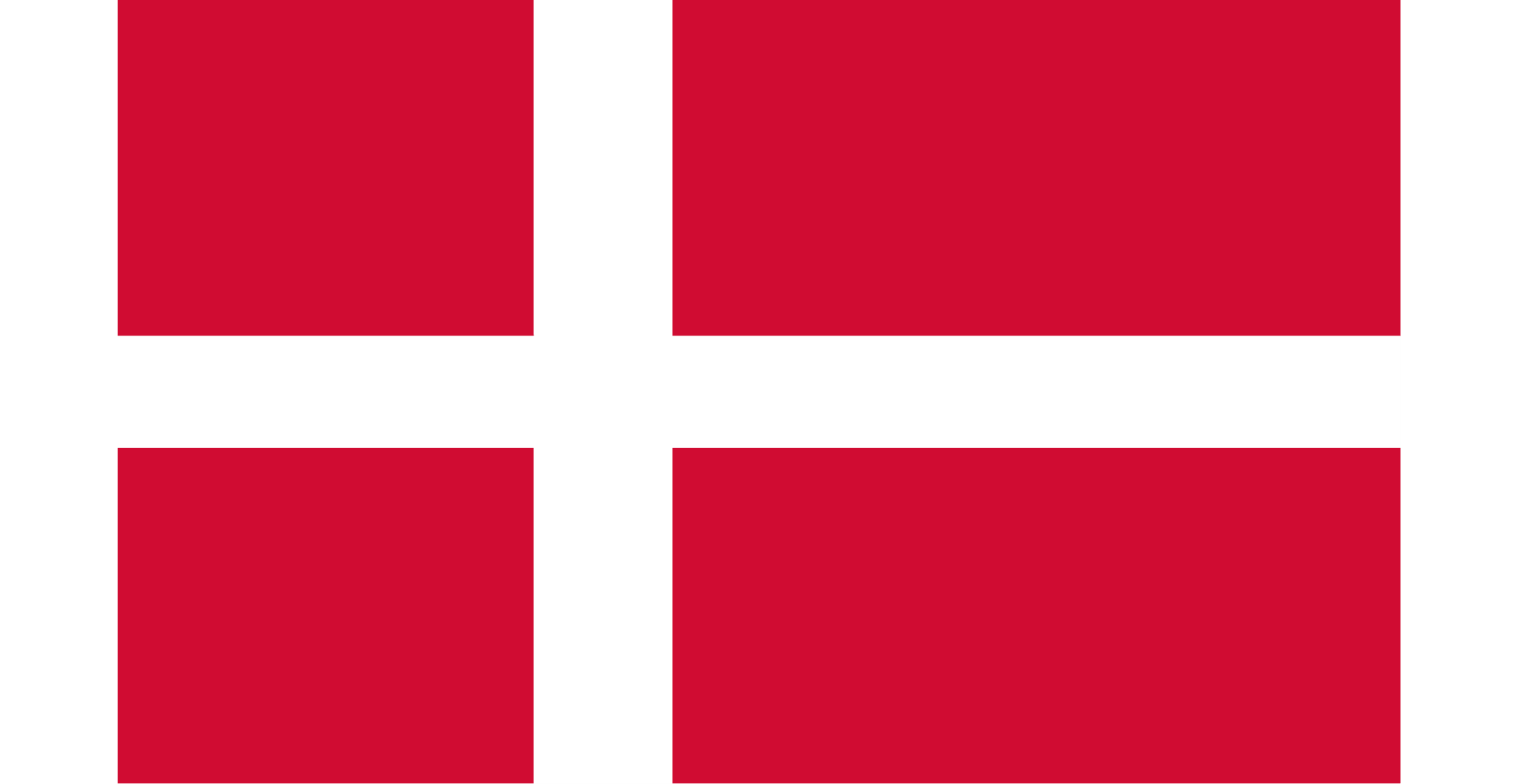Sustainability
How we work with sustainability
Sustainability is an essentiel part of the way we run our business.
Food has an enormous impact on our environment and climate. About 20% of the total climate impact in Denmark alone, is due to the food we eat. That is why we at PerfectSeason always consider sustainability as an essentiel factor in every single decision we make.
Climate footprint
On average, each Dane emits 17 tons of CO2 per year. And according to the IPCC, we need to come down to 2-3 tons per person in the world by 2050. So how are we going to do it, and where do we even begin?
PerfectSeason wants to simplify eating foods with respect for the climate. That is
why we share our full CO2 emission level from our products on the packing material, and compares it with the animal-based counterpart. In this way you will know when choosing a product from PerfectSeason, you are making a green choice.
You can see all our calculations right here


Organic produce
All our products are made of 100 % organic vegetables, mushrooms, pulses and herbs.
Organic production is based on a principle of sustainability, and is all about consideration for the soil, water, air and life. PerfectSeason view organic principles as an essential part of the way we make our products. For us, the organic symbol on all our products equals the origins of our raw ingredients and how they are produced, as well as for a holistic approach in our work for sustainability.
Not only does collaborating with some of the best organic producers guarantee quality and flavour, but it is also important in our endeavours to achieve overall sustainability.
Raw materials
Globally, a third of human CO2 emissions are due to food production. That means farming must become more sustainable. One of the most effective ways to reduce emissions is to produce less meat and more plant based food.
As it is now, 80 % of Danish agricultural land is used to grow crops to feed animals.At PerfectSeason we are working towards making it easier for Danish farmers to convert their production to food for humans. That will make it even easier for us and other manufacturers to obtain the raw materials locally, and thus save even more resources by cutting down on transportation.






